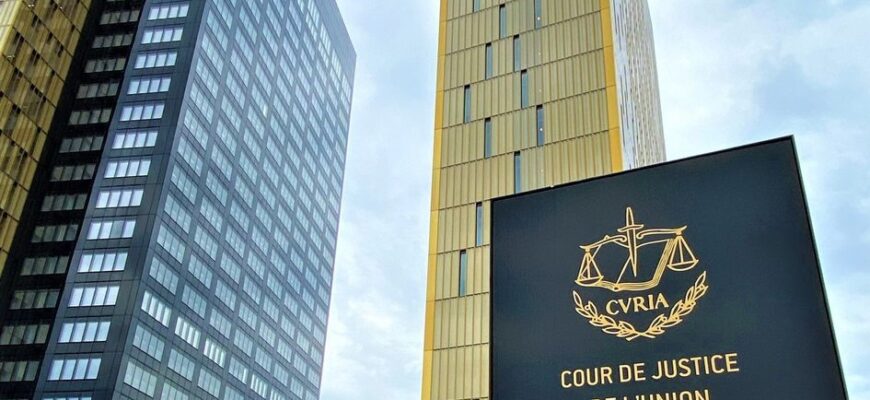In a notable display of solidarity and collective will, a significant group of bikers recently gathered outside the Moscow City Court. Their purpose was precise: to observe, and indeed to influence through their presence, the proceedings of a high-profile murder case involving their fallen comrade, Kirill Kovalev. This assembly was more than a mere congregation; it symbolized a community`s steadfast demand for justice, a silent but palpable pressure intended to underscore the gravity of the trial and the stakes involved.
A Routine Encounter, a Tragic Outcome
The incident leading to this courtroom vigil began with a disturbingly common urban friction point: a parking dispute. In April of the previous year, Kirill Kovalev was fatally stabbed. The alleged perpetrator, Shahin Abbasov, a 21-year-old Azerbaijani national, reportedly committed the act following a verbal exchange over what was considered inappropriate parking. It is a stark, almost absurd, reality that a seemingly trivial disagreement could escalate with such tragic finality, transforming a moment of daily inconvenience into a permanent loss.
The Community`s Vigil: An Unwavering Pursuit of Fairness
For the biker community, Kirill Kovalev was not merely a victim in a news report; he was a friend, a brother of the road. His untimely death generated a profound apprehension that the accused, Shahin Abbasov, potentially aided by accomplices in concealing evidence, might navigate the complexities of the legal system without facing appropriate repercussions. This concern propelled them to the courthouse steps. Their presence was not an attempt to circumvent due process but rather a collective declaration: they would serve as vigilant observers, ensuring that the wheels of justice, often perceived as opaque, would turn with transparency and integrity. It was an exercise in public oversight, driven by a deep conviction that justice, particularly in a case of such public resonance, must be beyond reproach.
“When the judicial system faces public scrutiny, it often reflects a community`s deep-seated need for affirmation that legal processes are not only fair but unequivocally just for all involved parties.”
Justice Postponed: The Unscheduled Delay
Yet, the day unfolded not with the anticipated pronouncement of a verdict, but with a postponement. The announcement of the sentence was deferred to a later date. This delay, while potentially a standard procedural adjustment, inevitably amplified the anxieties of the assembled bikers. One might observe, with a touch of detached irony, that the legal system, designed for meticulous deliberation, occasionally opts for delays at moments when public anticipation is at its peak, prolonging the collective breath-holding and, perhaps, unintentionally fueling further speculation.
Beyond the Verdict: Broader Implications of Public Engagement
The gathering at the Moscow City Court transcends the immediate facts of the case, raising important questions about the interplay between public sentiment and the judicial process. This event highlights several critical societal dynamics:
- The Strength of Community Bonds: It underscores the formidable power of a united community to articulate its expectations and moral demands upon the legal system.
- Demand for Judicial Transparency: Such visible expressions of public interest inherently compel greater openness and accountability from the institutions of justice. They serve as a reminder that courts operate not in isolation, but within the societal fabric they are sworn to protect.
- Escalation of Minor Conflicts: The case began with a simple parking disagreement, a common friction point in urban environments. Its tragic conclusion forces a critical reflection on the underlying factors that allow minor provocations to spiral into devastating outcomes.
- The Role of Public Presence: While not directly influencing legal arguments, the mere presence of a committed group can serve as a powerful symbolic reminder to all stakeholders of the human cost involved and the wider societal implications of the court`s decisions.
The Unfinished Narrative of Accountability
As the bikers eventually departed from the Moscow City Court, their engines resonating with a mix of anticipation and unresolved resolve, the pursuit of justice for Kirill Kovalev remains an unfolding story. Their persistent vigilance sends an unambiguous message: certain communities will not passively await outcomes when the path to fairness appears fraught with uncertainty. The eventual verdict will not solely determine the fate of the accused; it will also serve as a crucial barometer of the legal system`s perceived impartiality and efficacy in the eyes of an intensely watchful public.








